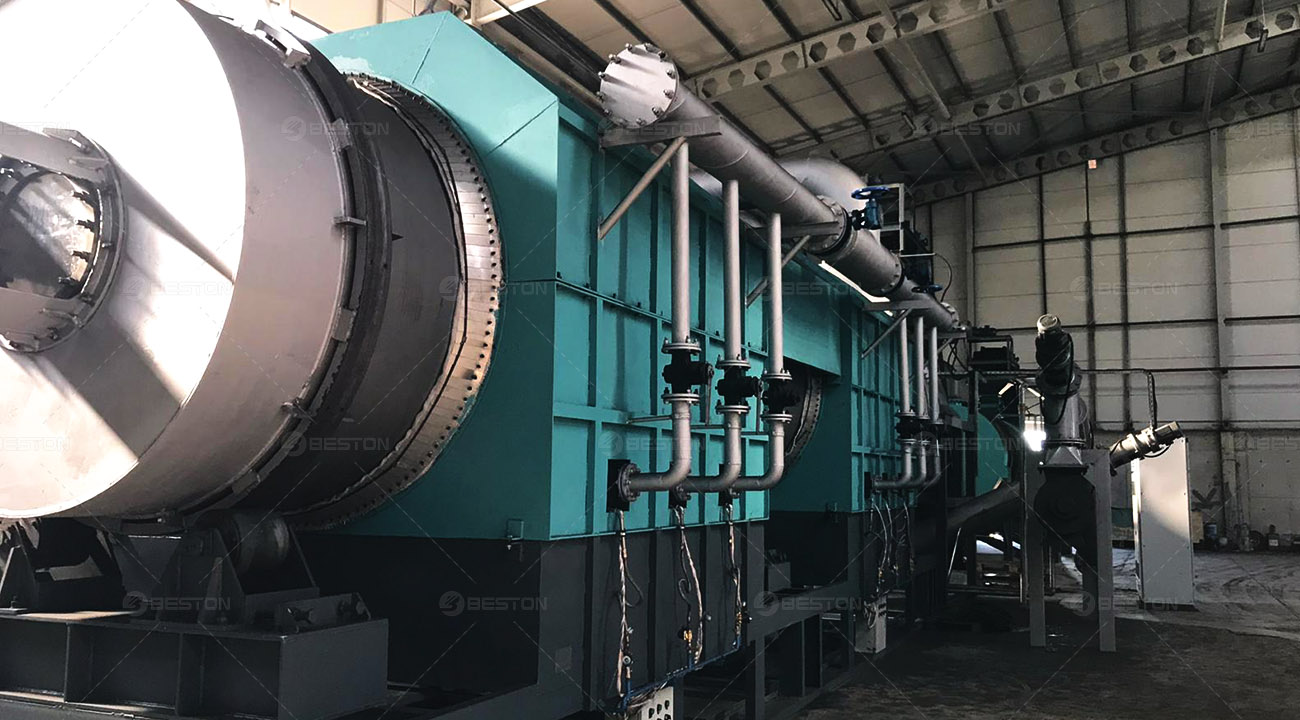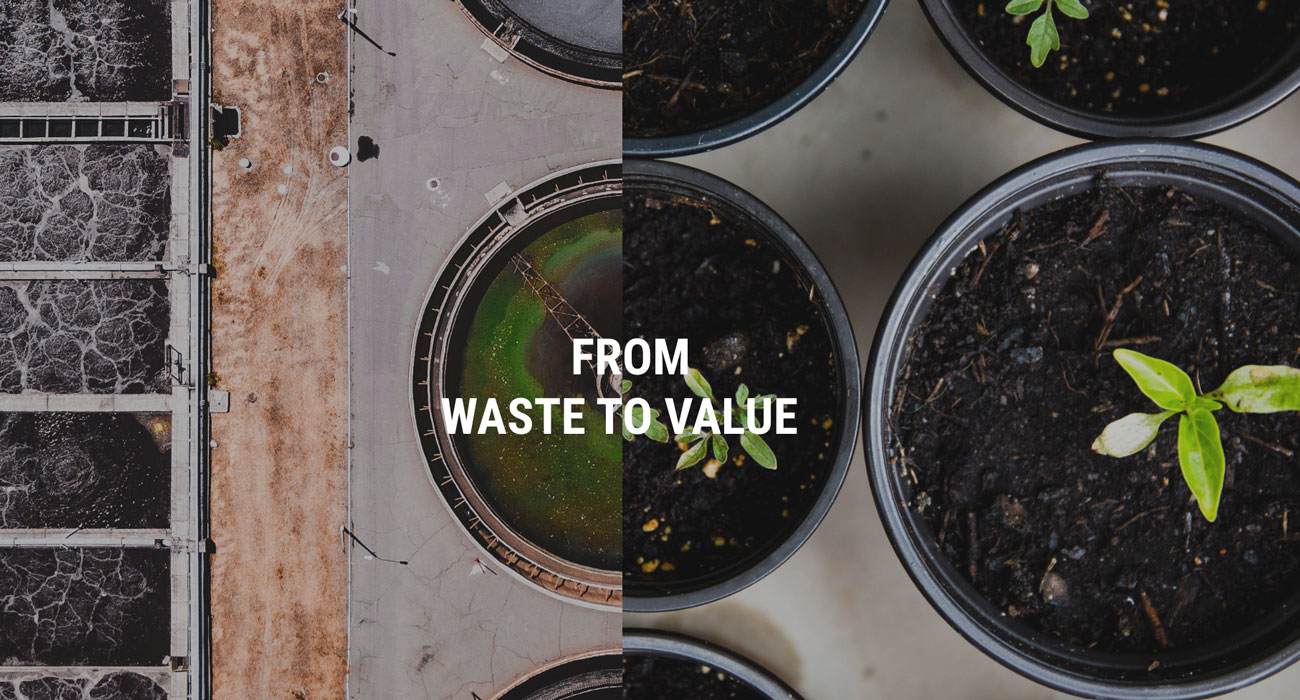Introduction
- What is Biochar?
Biochar is a carbon-rich, porous material produced through the pyrolysis of biomass under controlled oxygen-limited conditions. It is a stable form of charcoal that has been used for centuries to improve soil fertility and crop productivity.
- Historical Background of Biochar in Agriculture
The ancient Amazonian civilization known as the Terra Preta discovered the benefits of biochar thousands of years ago. They enriched their soils with biochar, resulting in fertile and productive lands that still exhibit the positive effects of biochar today.
Benefits of Biochar in Agriculture
- Soil Fertility Enhancement
Biochar’s high surface area and porosity create a favorable habitat for beneficial soil microorganisms. It acts as a sponge, absorbing and retaining nutrients and moisture, thereby enhancing soil fertility and promoting plant growth.
- Carbon Sequestration and Climate Change Mitigation
When added to the soil, biochar sequesters carbon for hundreds or even thousands of years, effectively removing carbon dioxide from the atmosphere. This process mitigates the impact of greenhouse gas emissions and contributes to climate change mitigation.
- Water Retention and Nutrient Efficiency
Biochar’s porous structure allows it to retain water and nutrients, reducing the need for frequent irrigation and fertilizer application. This water and nutrient efficiency benefits both the environment and farmers’ bottom lines.
- Reducing Soil Erosion
Incorporating biochar into the soil helps improve soil structure, making it less prone to erosion caused by wind and water. It aids in preserving valuable topsoil and prevents nutrient runoff, safeguarding nearby water bodies.

Biochar Production and Application Methods
- Pyrolysis Process and Feedstock Selection
Biochar production involves pyrolyzing biomass at high temperatures in the absence of oxygen in biomass pyrolysis plants. Different feedstocks, such as wood waste, agricultural residues, and organic waste, can be used to produce biochar.
- Incorporation into Soil and Composting
Biochar can be incorporated into the soil during initial land preparation or applied as a top dressing. Additionally, it can be combined with compost to further enhance its soil conditioning properties.
- Biochar and Crop Yield
Numerous studies have shown that biochar application can lead to significant increases in crop yield, especially in depleted or degraded soils. The improved soil structure and nutrient retention capacity contribute to better plant growth.
Environmental Impact of Biochar in Agriculture
- Reduced Greenhouse Gas Emissions
By sequestering carbon and improving soil health, biochar plays a vital role in reducing greenhouse gas emissions. Its long-term carbon storage potential helps offset carbon released from agricultural activities.
- Promoting Sustainable Farming Practices
The adoption of biochar in agriculture aligns with sustainable farming practices, as it reduces the reliance on chemical fertilizers, promotes organic soil management, and supports long-term soil health.
- Biodiversity and Soil Health
Biochar’s positive impact on soil health fosters a conducive environment for beneficial soil organisms, such as earthworms and mycorrhizal fungi, leading to enhanced biodiversity and ecosystem resilience.
Future Perspectives and Challenges
- Scaling up Biochar Production
As awareness of biochar’s benefits grows, scaling up biochar production is essential to meet the increasing demand from agricultural sectors worldwide.
- Policy Support and Awareness
Governments and organizations should provide policy support and incentives to encourage the widespread adoption of biochar in agriculture. Awareness campaigns can help educate farmers about its advantages.
- Research and Innovation
Ongoing research and innovation are crucial to optimize biochar production methods, explore new feedstock sources, and enhance its effectiveness in diverse agricultural systems.
In conclusion, biochar’s role in agriculture goes beyond soil improvement and crop yield enhancement. Its potential to sequester carbon, mitigate climate change, and promote sustainable farming practices makes it a valuable tool in the quest for a greener and more resilient agricultural sector. With continuous research, policy support, and farmer awareness, biochar can play a pivotal role in building a sustainable and food-secure future.

Comments
October 11, 2023 14:19
Waste recycling solutions like these do sound pretty great to me. With the rising agricultural costs in mind, I think that these solutions come in handy. Don’t you think so too?
February 24, 2024 10:43
I am not sure if I understand what Biochar is. I am interested to know if it benefits dairy prices in the long run. Please reach out if you can help in the said regard.